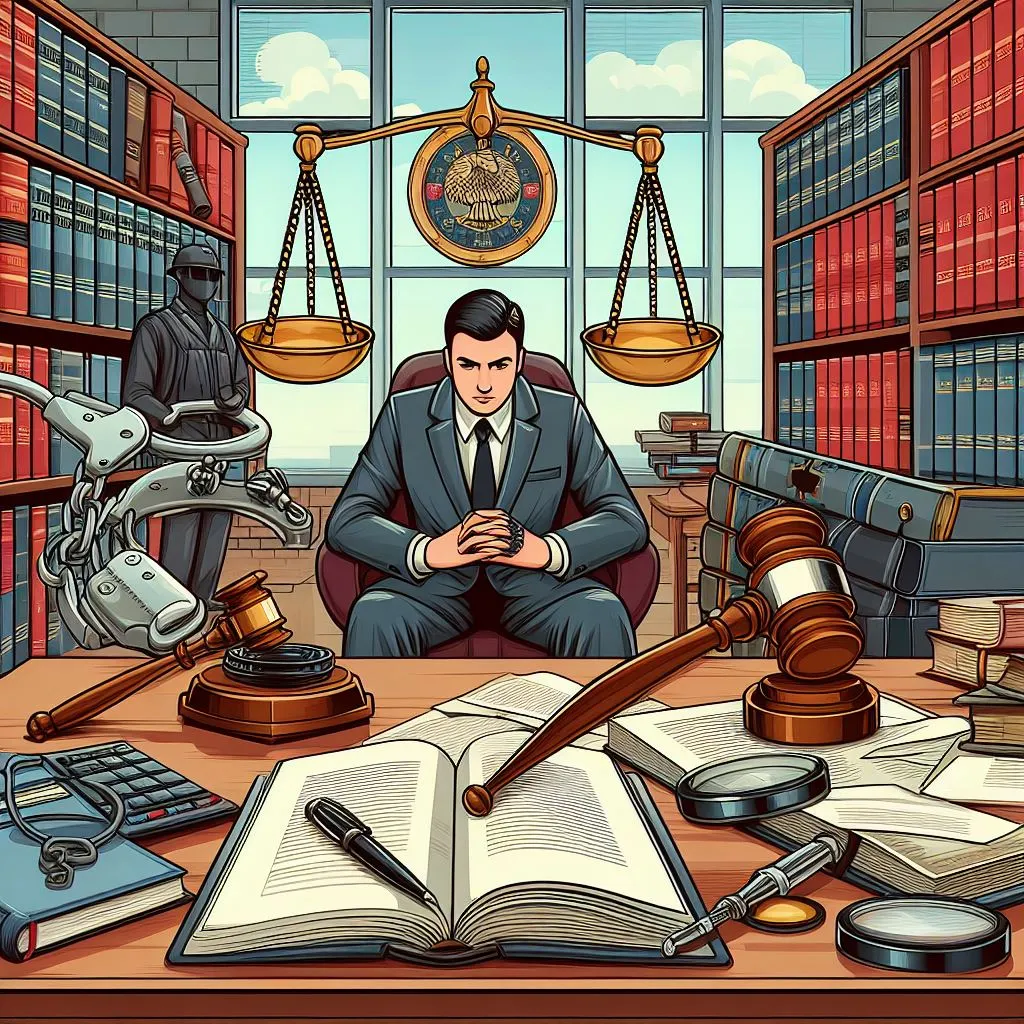Understanding Sebastian County Court Records

It is very important to understand the Sebastian country court records for grabbing complete information about the Court system in Arkansas. This section dives deeper into the details you’ll encounter when accessing Sebastian County court records. Here’s a breakdown of key points to keep in mind:
Case Information:
This refers to the specific details registered within a court case file. When searching for or accessing court records, you’ll typically find information such as:
It is quite easy to find out the specific information within a course case. Here is a list of factors you can access court records.
You can visit the ARcouts Website to search for any court case information and you can search them by these parameters.
- Case Name: Identifies the case (e.g., Smith vs. Jones)
- Parties Involved: Names of individuals or entities involved in the case (plaintiff, defendant, etc.)
- Case Type: Classifies the legal nature of the case (civil, criminal, domestic relations, traffic violation, etc.)
- Filing Date: Indicates the date the case was officially initiated in court.
- Assigned Judge: Identifies the judge commanding the case.
- Case Status: Reflects the current stage of the case (open, closed, appealed, etc.)
Record Formats:
Court records can exist in various formats, depending on different categories of cases and the court’s record-keeping system. Here are some common possibilities:
- Electronic Records: Many courts are converting to electronic record management systems. This means case information and documents could be accessed through online or digital media.
- Physical Case Files: Traditionally, court records were maintained in physical files containing paper documents like pleadings, motions, orders, transcripts, and evidence.
- Recordings: In some cases, audio or video recordings of court proceedings might be part of the record.
Limitations of Public Access:
While public access to court records is a fundamental principle, there are some limitations:
- Privacy Concerns: Specific details, like Social Security numbers or juvenile case information, may be edited or hidden to ensure privacy.
- Ongoing Investigations: In cases involving active investigations, access to specific records may be restricted.
- Court Order: A judge might issue a court order sealing specific records if necessary in the interest of justice.
Legal Assistance:
Understanding court records can be complex for a layman, especially for legal matters beyond your knowledge. Here’s where seeking legal assistance becomes very important:
- Complex Legal Issues: Consulting with a lawyer can ensure you interpret court records accurately and navigate legal proceedings effectively if you’re dealing with complex legal matters.
- Document Interpretation: Court papers may contain legal terminology. A lawyer can help you understand the meaning and consequences of specific information within the records.
- Strategic Use of Records: In certain situations, court records can be tactically utilized in legal proceedings. An attorney can guide you on how to use these records to your advantage while following legal guidelines.
Do’s and Don’ts for Sebastian County Court
Here’s a breakdown of what to do and what not to do while going to court in Sebastian County:
Do’s:
- Dress appropriately: You should dress properly which conveys respect for the court. You should be well-dressed and not in strange dress etiquette.
- Arrive early: Arrive at court in time and should look for your courtroom.
- Bring necessary documents: This may include your summons, ID, any relevant paperwork for your case, and a list of witnesses you may need to call.
- Be respectful: Address the judge as “Your Honor” and all other court personnel with courtesy.
- Be prepared: Review your case beforehand, understand court procedures, and have your arguments organized.
- Speak clearly and concisely: Answer questions directly and avoid interrupting the judge or other parties.
- Turn off electronic devices: Silence your phone and other electronics before entering the courtroom.
- Consult an attorney: A lawyer can provide invaluable guidance and represent you effectively in court.
Don’t:
- Argue with the judge or court personnel: Disrespectful behavior can lead to a fine or court charges.
- Bring food, drinks, or weapons into the courtroom: Do not bring these things into the courtroom.
- Talk out of turn or interrupt others: Wait your turn to speak and address the court only when permitted.
- Engage in emotional outbursts: Express yourself calmly and rationally.
- Give a false oath: Be truthful in all your statements.





